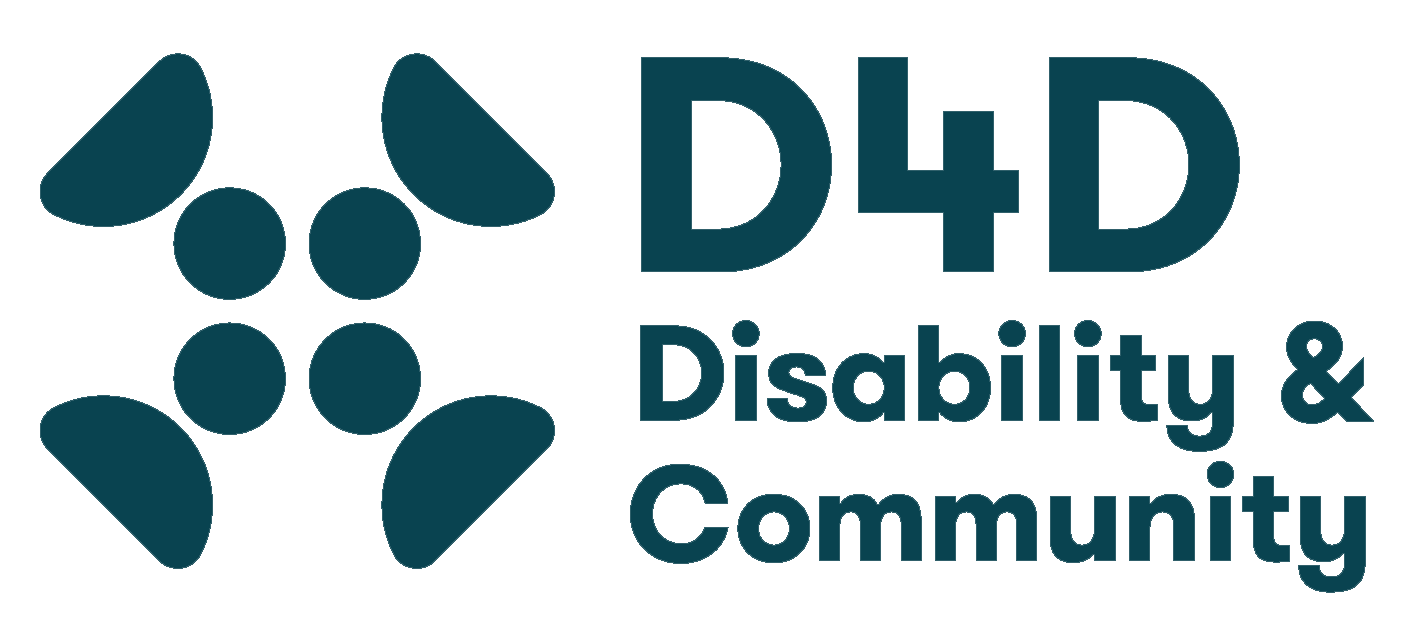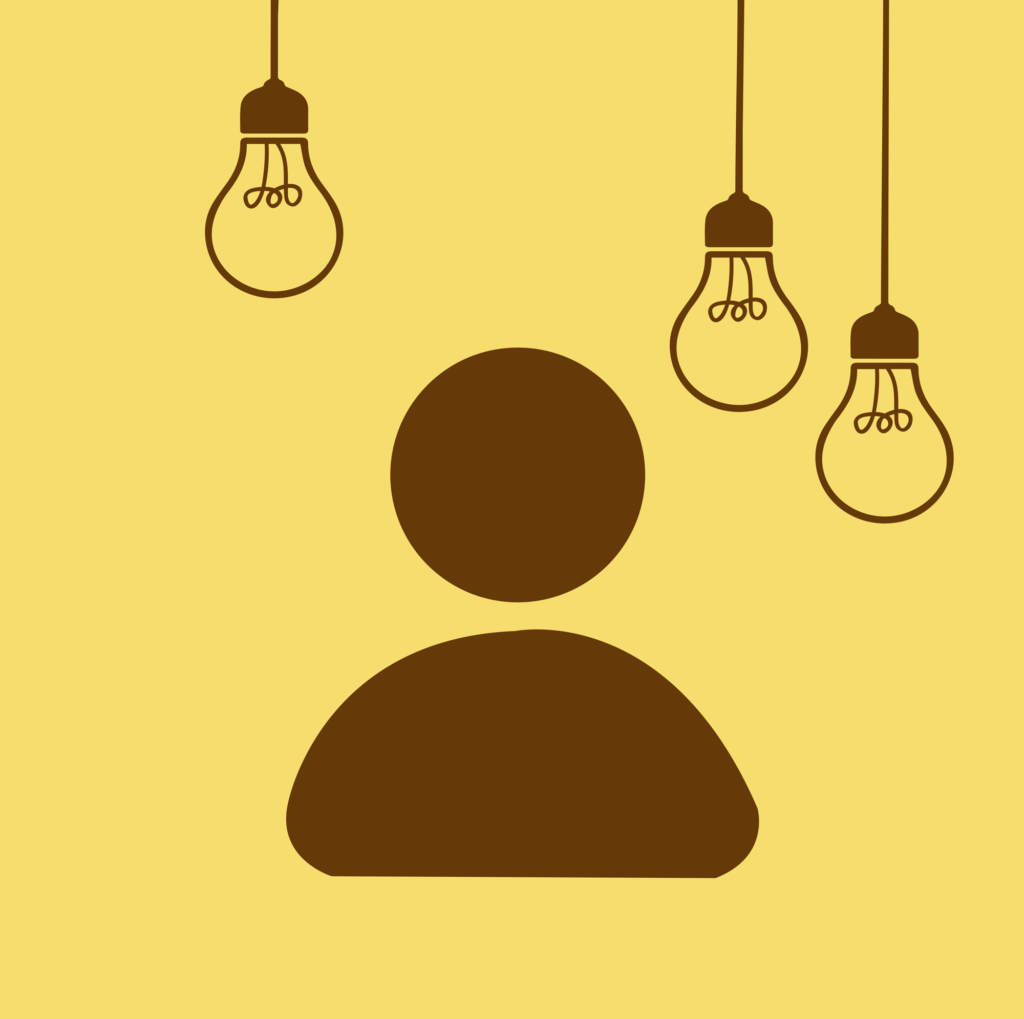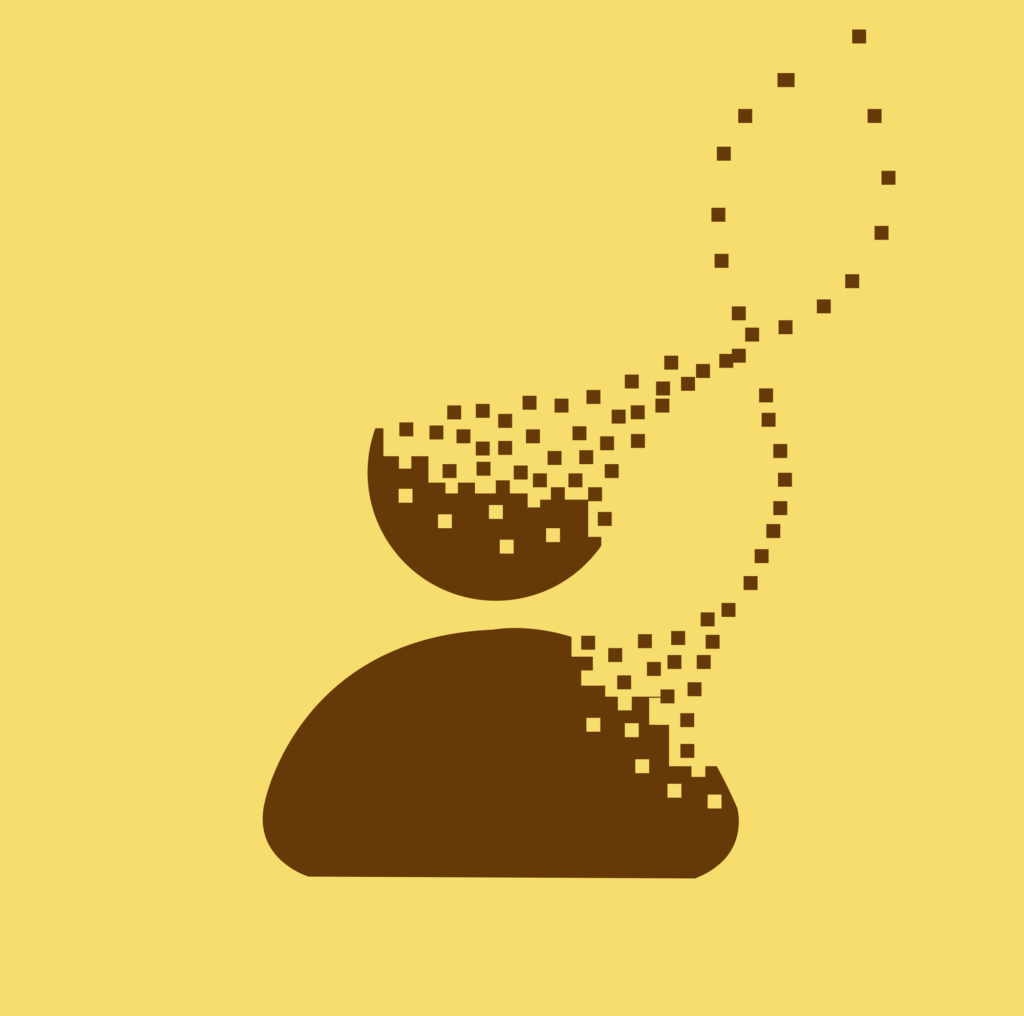Disability and Community: Dis/engagement, Dis/enfranchisement, Dis/parity and Dissent (the D4D project) is a research project that will investigate the evolving ways in which we as disabled and non-disabled people express, perform, experience and practice ‘community’. The project is funded by the AHRC, Connected Communities programme.
We are a group of disabled and non-disabled academics from a range of disciplines, with disabled artists, writers and performers, and with community partners (including Accentuate, Disability Arts Online, Shape, DaDaFest and Disability Rights UK). The leadership of the project is shared between Bath Spa University and Accentuate, a disabled-led cultural programme.
Our work involves and is informed by the knowledge and lived experiences of disabled people. We explore the roles disabled people perform within and between communities (their own and others), investigating the evolving ways in which disabled people express, perform, experience and practice being part of a community.
D4D is learning from participating communities with the aim of better understanding the ways in which we, as disabled people, experience community, and the various forces and contexts (e.g. play, education, medicine, new technology, digital media) have shaped and continue to influence the experiences of communities of disabled people. Our hope is to build understanding, generate opportunities for connections, solidarity, resilience and activism, and support an increased sense of agency and empowerment, sharing knowledge and professional development, and creating new spaces for dialogue and action.
GENERAL ENQUIRIES
For more information, contact:
Lizzie Wilkinson, Project Administrator (part-time Wednesdays and Thursdays)
l.wilkinson@bathspa.ac.uk
D4D Facebook Group
Twitter: @D4Dproject
INFORMATION ABOUT EVENTS
Barbara Welch or Stephanie Adamou at Screen South:
Tel.: 01303 259777
Email:barbara.welch@screensouth.org
stephanie.adamou@screensouth.org
Short description and links to organisations involved:
Screen South, the home of Accentuate, is a not for profit Creative Development company operating in the wider creative and cultural community. As well as managing and delivering creative projects Screen South is involved with wide ranging partners to deliver educational and training programmes using various medium including film and other creative practices. Screen South has had a long involvement in the Heritage sector through its involvement with regional film archives and projects like the Digital Film Archive Programme, delivering the hugely successful Kent in WW1 project and through the Accentuate programme which provided training in improving access and interpretation of Heritage sites in partnership with the Heritage Open Days initiative.
Accentuate, part of Screen South’s portfolio of projects, launched in December 2009 as the 2012 Legacy Programme for the South East inspired by the Paralympic Movement.
Accentuate developed and led a transformational programme of 15 major cultural projects during that time which harnessed the power of art, culture and heritage to engage the wider public with disabled people and disability related issues in order to challenge and shift perceptions. Accentuate continues to challenge perceptions of disability by providing life changing opportunities for deaf and disabled people to participate and lead within the cultural sector. Accentuate is currently delivering a ground breaking national disability project entitled History of Place that will explore buildings of historic significance for deaf and disabled people from the medieval times to the present day.
The Bristol Robotics Laboratory is the most comprehensive academic centre for multi-disciplinary robotics research in the UK. It is a collaborative partnership between the University of the West of England (UWE Bristol) and the University of Bristol, and home to a vibrant community of over 200 academics, researchers and industry practitioners, which lead current thinking in service robotics, intelligent autonomous systems and bio-engineering. An internationally recognised Centre of Excellence in Robotics, it is a unique collaboration that harnesses the collective strengths of its university partners, and brings together the best expertise from industry and the academic community to spearhead the UK’s efforts to be a world leader in modern advanced robotics.
http://www.brl.ac.uk/
Designability is an engineering and design charity with a passion for creating life-changing assistive technologies. Designability conducts original research and develop commercial products that meet real needs. They use principles of inclusive design, working with end-users, carers and health professionals to help understand the problem, find a solution and then test it in real life situations.
The New Vic Theatre (Stoke on Trent), Europe’s first purpose-built theatre-in-the-round,is one of the country’s most successful producing theatres and a key part of the region’s cultural life, engaging 150,000 people each year. The New Vic delivers a programme of international-class work made with local audiences in mind,complemented by an award-winning community programme and education work which alone reach around 25,000 people of all ages per year.








